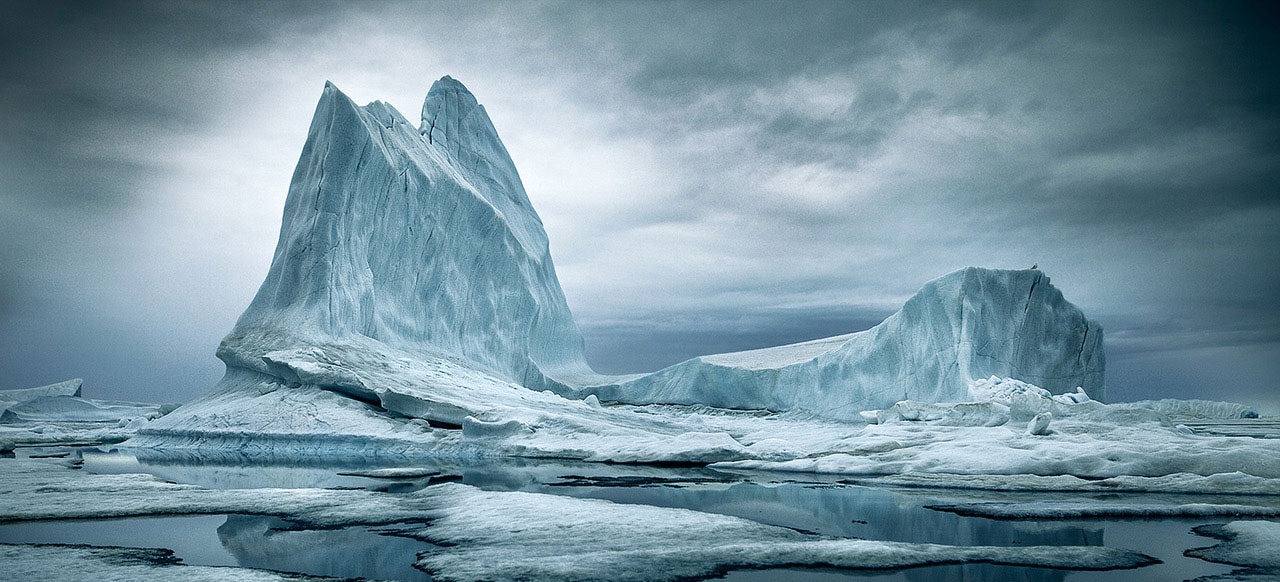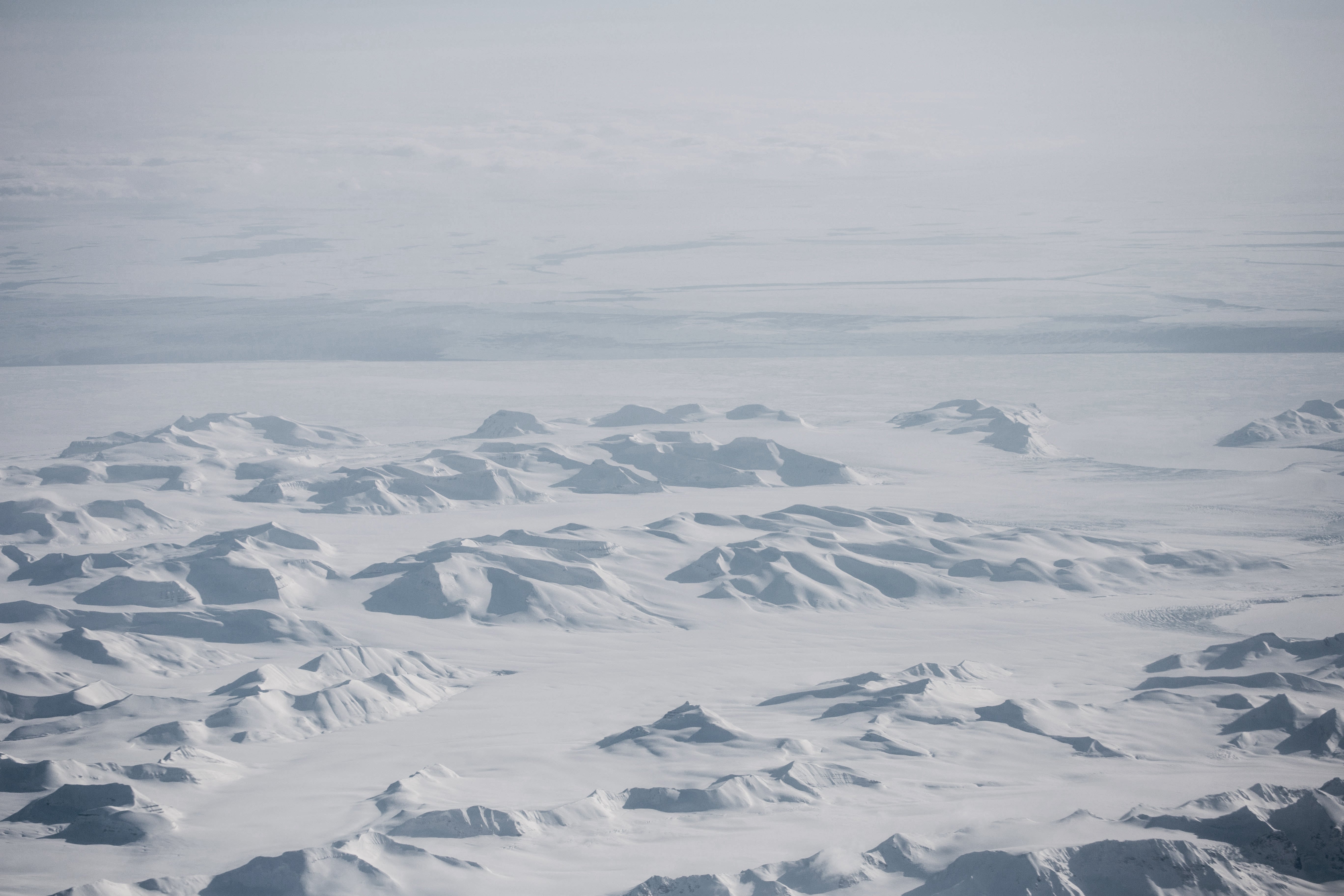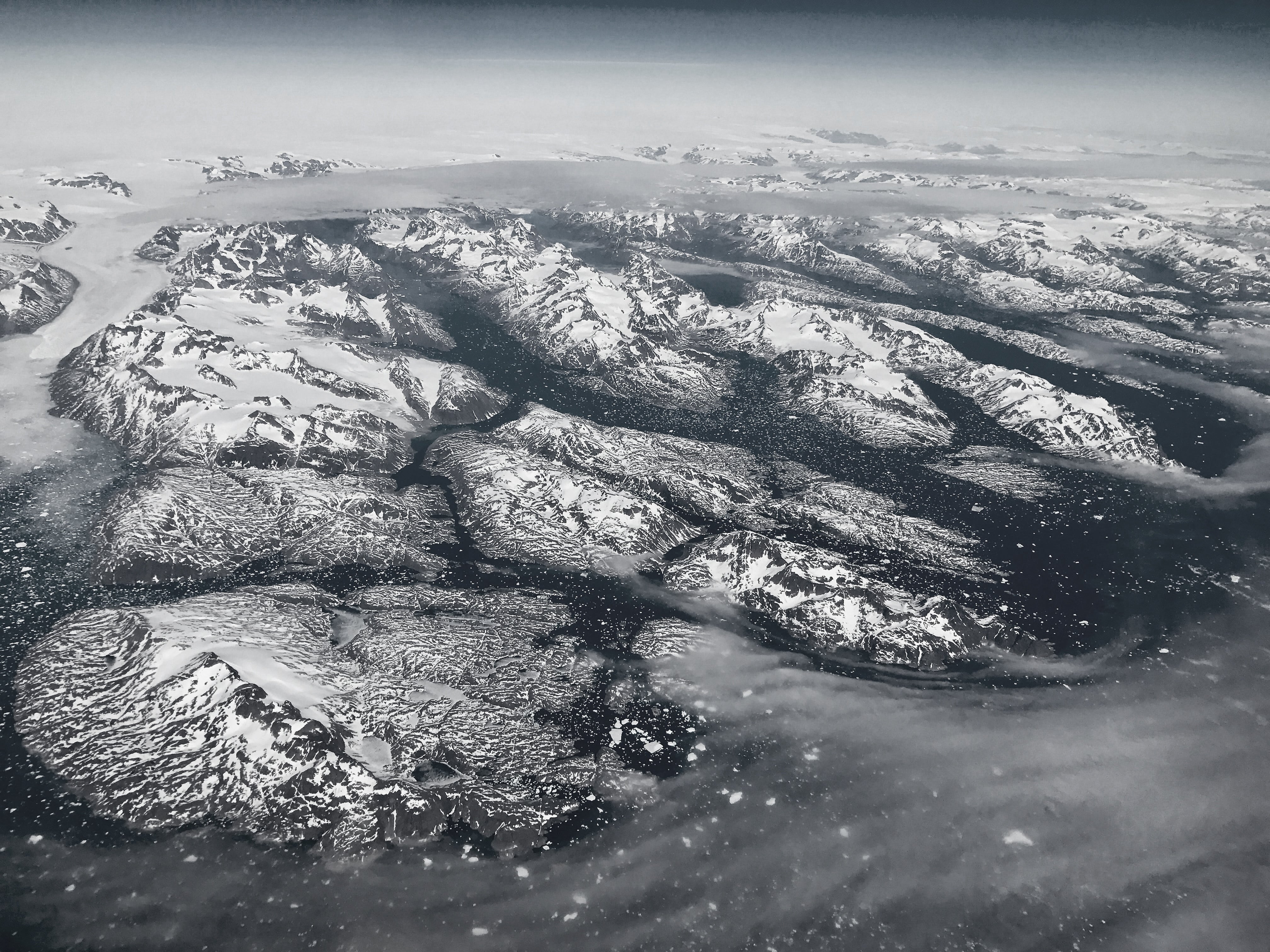
Shackleton Medal // Meet The Judges
Swooping above the ice in planes to deploy radar signals, campaigning against mining in reindeer-herding areas, studying organisms that give clues about life on other planets. The judges on the panel for the Shackleton Medal cover the full spectrum of expertise at the poles. Here we introduce the extraordinary individuals who will be deciding the winner.
The community of polar experts is a close-knit one – one individual we talk to jokingly describes them as the ‘polar mafia’. Yet like the people being nominated for the awards, the experts on the Shackleton judging panel are highly inspirational with a huge range of experience at extreme latitudes between them.
Leading glaciologist Professor Martin Siegert has accrued a lot of his scientific experience flying above Antarctic ice sheets in a DC3 radar plane, deploying signals to discover what’s concealed beneath the ice. Now he is co-director of the prestigious Grantham Institute for Climate Change and is based at Imperial College, where a model of the DC3 is proudly displayed on one of the shelves in his office.
Professor Emily Shuckburgh is Director of Cambridge Zero, an initiative that co-ordinates different disciplines from Cambridge University to work on solutions to the climate crisis. A trained mathematician, she started out studying the depletion of the ozone layer in the Arctic and describes the polar regions as ‘places of wonder’. She has subsequently been on many field trips to the Arctic and Antarctic to study different aspects of our oceans, atmosphere and climate. At her Cambridge home her polar souvenirs include an old-fashioned recording device that was once strapped to a seal and a small bottle of water from the bottom of the Antarctic ocean.
Listen to our interview with Emily Shuckburgh below:
Those who tuned into Shackleton’s online festival AntarcticaNow last year will have had the chance to hear the high-profile biologist, wildlife presenter and conservation film-maker Lizzie Daly talk bout her expedition to see the Antarctic’s wildlife. They will also have been able to experience the wide-ranging erudition of geopolitician Professor Klaus Dodds, whose many books include the acclaimed Border Wars: the conflicts of tomorrow and Scramble for the Poles? The Contemporary Geopolitics of the Arctic and Antarctic.
Like Klaus Dodds, the inspirational climate advocate and photographer Sebastian Copeland has recently returned from the Antarctic. His first book Antarctica – the Global Warning, was published in 2007, followed quickly by 2008’s Antarctica – A Call to Action. His champions range from Mikhail Gorbachev to French President Emmanuel Macron, who in 2019 knighted him for his advocacy work in the National Order of Merit. His most recent work, published in 2020, is his stunning and sobering Antarctica: the Waking Giant, and in December he also gave a highly moving TEDx talk about photographing icebergs.
Gunn-Britt Retter is a powerful advocate for indigenous issues; she is the Saami Council’s Head of the Arctic and Environment Unit and was formerly a member of the Saami Parliament. Recently she has been warning about the perils of ‘green colonialism’, as companies bid to mine minerals for climate-friendly cars in areas where the Saami herd their reindeer. Canadian Jean McNeil is a remarkable writer who has done residencies in both the Arctic and Antarctic. She is Director of the prestigious Creative Writing department at the University of East Anglia; her own luminously perceptive work on the poles includes the prize-winning Ice Diaries: An Antarctic Memoir.
Harvard Business professor Nancy Koehn is one of the great champions of Ernest Shackleton’s legacy, taking his leadership skills and applying them to politics and business first with her 2012 book Ernest Shackleton, Exploring Leadership, and then with her 2017 book, Forged in Crisis: The Power of Courageous Leadership in Turbulent Times. Honorary judge Ranulph Fiennes has paid his own tribute to the way Shackleton has inspired him with his biography Shackleton, published last year. Described as the world’s greatest living explorer, Fiennes is one of the few individuals who can say he has truly gone through similar challenges to his subject – and the resulting book provides some fascinating insights.
The judge who has done most to keep Ernest Shackleton’s flame burning is without doubt his granddaughter The Honourable Alexandra Shackleton. She is the tireless president of the James Caird Society and has travelled round the world to keep her grandfather’s legacy going. We are extraordinarily excited that she – along with all of the other remarkable individuals featured here – will be coming to the RGS to debate the Shackleton medal’s first recipient.
As Lewis Dartnell declares, ‘I don’t think our task is going to be easy. But I think we are going to have a number of very fascinating discussions to pick out the winner.’


